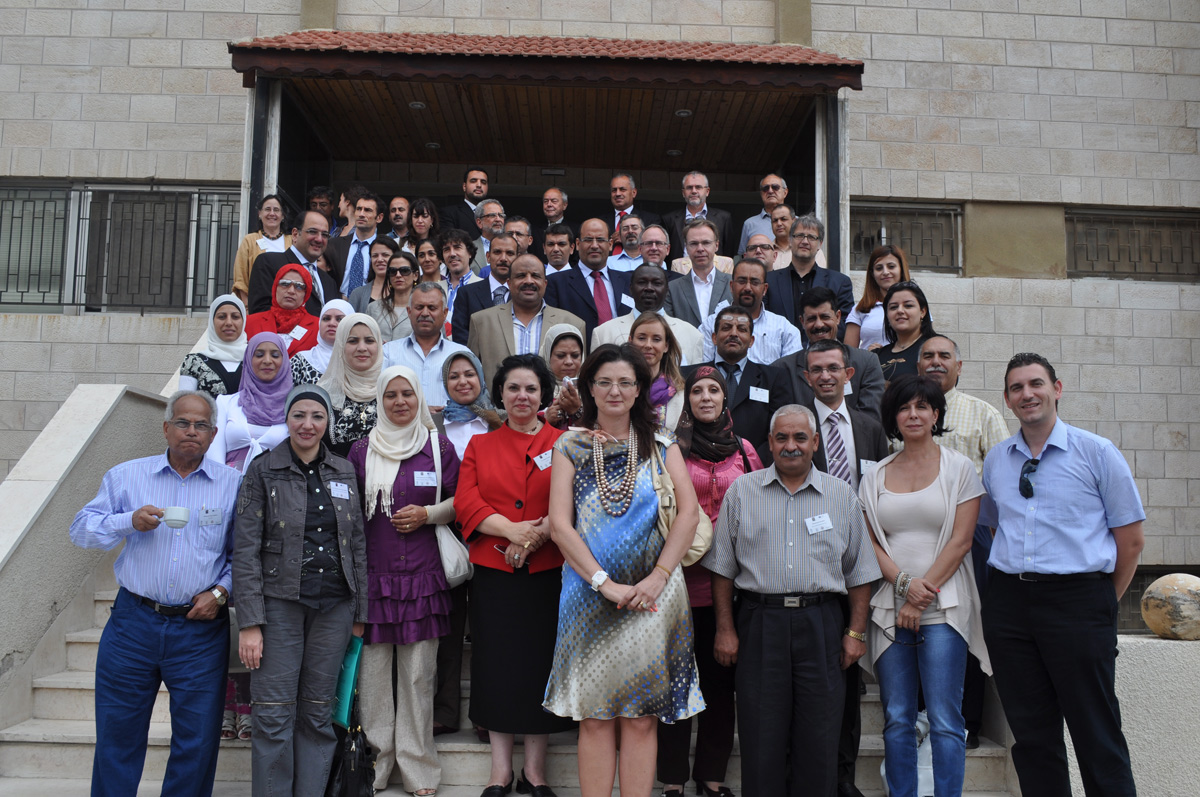Witness the Past
News details
WITNESS THE PAST - Educational programmes for both professionals and the general public in the illegal trade in antiquites
Countries: Europe (Greece, Germany, Cyprus), Egypt (Jordan is in the process of joining the project)
Project initiated in: 2009
Presented by: Technological Education Institute of Athens (TEI-A)
Partners: Productions Anemon Astiki Mi Kerdoskopiki Etaireia, Benaki Museum, Kinder Allianz für Tradition und Soziales Engagement C.A.T.S. e.V., Marfin Laiki Bank Cultural Centre, Archaeological Research Unit at the Department of History and Archaeology – University of Cyprus, Rathgen Research Laboratory and the Children’s Museum in Cairo, Egypt.
Project budget: EUR 403 130.00 (including EUR 199 745.00 from the European Commission)
- Back to the Projects Overview page -
// Context
The illegal trade in antiquities is still commonplace today, despite the 1970 UNESCO Convention prohibiting such acts. The problem is particularly widespread in many Arab countries, where the trade in antiquities was legal until 30 years ago. Certain factors such as unemployment and wars in neighbouring countries have made this illegal trade seem tempting as a way to meet the basic needs of life. The only way to start tackling this problem is through education, public awareness-raising campaigns and formal collaborations between Arab neighbours and European countries, to which such illegal antiquities are often sent before finding their way into western collections. The public needs to understand how proper archaeological investigations of sites, as opposed to plundering, can help their local economies to prosper through sustainable tourism.
// Project objectives
The project involves developing an educational museum programme aimed at children – “Witness the Past” – with a special programme for blind children, which underlines the importance of proper archaeological investigation to understand the historic value of cultural assets. The main event in the publicity campaign will take place at the Egyptian Museum in Cairo, within its Children’s Museum. The children’s programme and publicity campaigns will also be presented in museums in Germany, Greece and Cyprus, and could be adapted and sent around the world.
The activities will also focus on training cultural heritage professionals, based on the cutting-edge scientific tools that are available to help authenticate and take fingerprints from stolen antiquities. They will also include the production of guidelines on best practices for a “museum response plan in the event of theft”, in both Arabic and Greek, for free distribution in the region.
The main target groups are young people (in schools), the general public (through media tools such as the Internet and press releases) and cultural heritage professionals (through publications and conferences).
// Expected results and impact
The project is ongoing, but numerous tools have already been created, such as educational programmes for children (film on the illegal trade, lesson plans).
Conferences on the illegal trade have already been held in the European Union, and more recently in Jordan, involving cultural heritage experts.
In the light of the recent civil upheavals in certain Arab countries, museum directors and museum security experts, particularly in Arab countries, were invited to take part in a two-day workshop on museum theft response plans, held at the Department of Antiquities in Amman, Jordan, in June 2011. With over 70 participants, all museum directors from Jordan and Egypt were represented, together with museum security experts from these countries, including Palestine and Sudan.
Working groups were organised to produce the “Amman Declaration”, which sets out the actions needed to prevent and respond to any theft and to encourage coordinated actions to prevent theft, develop an adequate response and ensure effective recovery operations.
The workshop was declared a success by all the participants, who believe that more actions of this type are needed to unite the Arab world in combating the problem of the illegal trade in antiquities.

Log in with your EU Login account to post or comment on the platform.